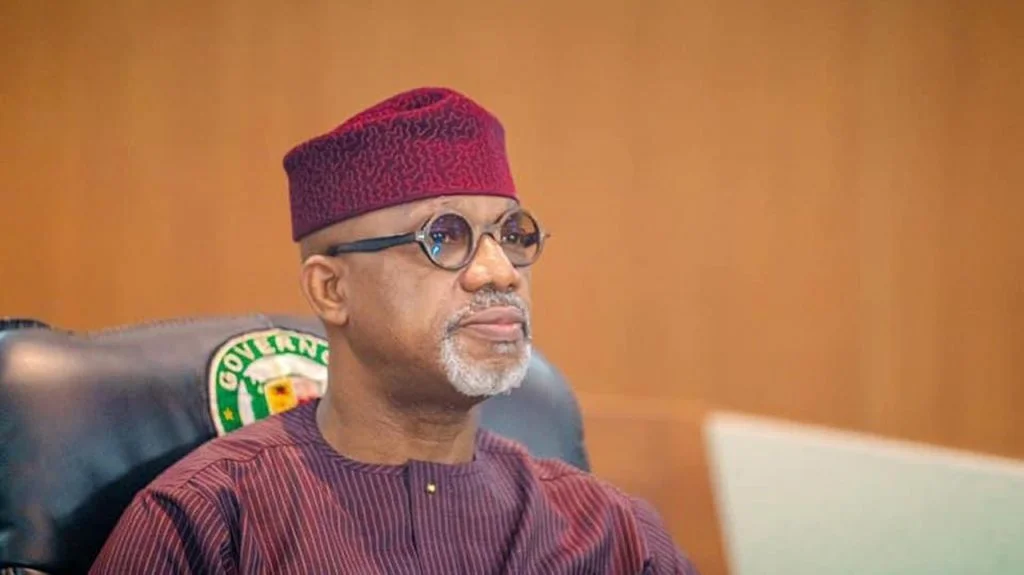Reps Set to Probe Maintenance, Failures of Nigeria’s Refineries
The House of Representatives Committee on Petroleum Resources (Downstream) has initiated a sweeping investigation into longstanding inefficiencies and controversial dealings within Nigeria’s downstream oil and gas sector.
At the heart of the probe are questions surrounding the repeated failures of the country’s state-owned refineries, alleged monopolistic practices by the Dangote Refinery, and the broader policy gaps affecting the sector.
Speaking during a press briefing on Wednesday at the National Assembly complex, the Chairman of the Committee, Hon. Ikenga Ugochinyere (PDP, Imo), revealed that the investigation will cover a wide range of issues.
These include the controversial Turn Around Maintenance (TAM) projects of the Port Harcourt and Warri refineries, the acquisition of OVH Energy, and critical concerns about access to crude oil for both local and modular refineries.
Ugochinyere expressed dismay over the persistent underperformance of Nigeria’s key refineries, despite the injection of billions of naira in public funds over the years. He noted that although various administrations had promised the refineries would resume full operations, they remain largely non-functional, a situation that continues to drain public resources and hamper energy security.
“The committee agreed this morning to look into the state of the refineries to find out what went wrong because public funds were paid,” Ugochinyere said.
“These are companies, yes, but their operations still affect the Nigerian people who deserve transparency. We must find out why these refineries have not delivered on their mandate, and whether the proposals for their sale or privatization are genuinely in the national interest.”
The committee’s inquiry will also focus on the difficulties faced by private and modular refineries in accessing locally produced crude oil.
According to Ugochinyere, it is “unacceptable and absurd” that Nigerian refiners must travel as far as Switzerland to negotiate for Nigerian crude, a scenario he described as a glaring policy failure.
He stressed the need to address the structural barriers and policy inconsistencies that have left many investors in the refining sector at the mercy of foreign intermediaries, warning that failure to act could stall efforts to achieve local refining capacity and energy independence.
Additionally, the committee has received a growing number of petitions from stakeholders including refinery operators, petroleum marketers, and retailer houses raised alarm over potential market distortion by the Dangote Refinery, Africa’s largest single-train refinery project.
According to the petitions, there is an alleged plan by the Dangote Group to extend its control beyond refining, into the transportation and retail distribution of petroleum products.
Stakeholders fear that such vertical integration could create a monopolistic grip on the market, stifling competition and discouraging further private investment in the sector.
“The fear is that this level of dominance may cripple smaller players in the market,” Ugochinyere explained. “We have to ensure that no single player can override the competitive landscape, which is essential for price stability, supply efficiency, and investor confidence.”
He assured stakeholders and the general public that the committee’s investigation will be transparent, fact-based, and in line with its constitutional mandate to protect the interests of Nigerians.
The Committee on Petroleum Resources (Downstream) is expected to summon key stakeholders, including officials from the Nigerian National Petroleum Company Limited (NNPCL), the Nigerian Midstream and Downstream Petroleum Regulatory Authority (NMDPRA), private refinery owners, and representatives from the Dangote Group in the coming weeks.
The investigation marks one of the most comprehensive oversight actions on the oil sector in recent years and comes amid increasing calls for reform, accountability, and economic diversification.
Analysts say the outcome of the probe could reshape the future of Nigeria’s downstream petroleum sector and determine whether longstanding inefficiencies can finally be addressed or if privatization becomes the inevitable path forward.







